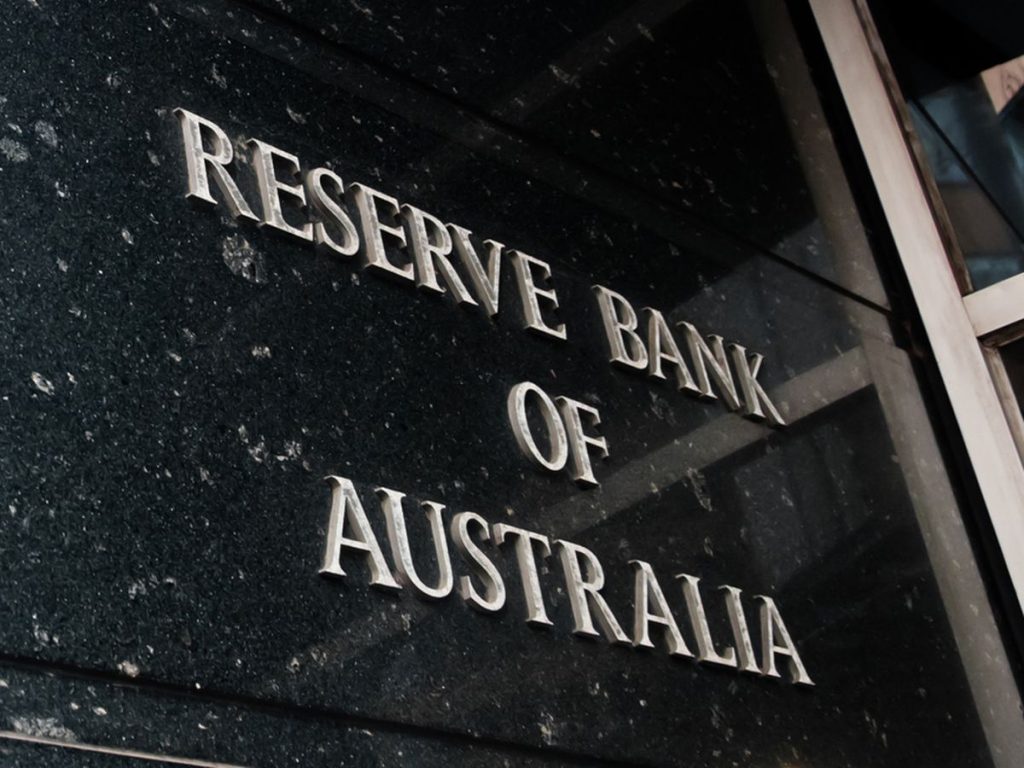Australia’s centrally planned economy is failing – intergenerational wealth gaps are widening, economic prospects are waning, and the side effects from the Reserve Bank’s (RBA) medicine are becoming worse than the disease.
Inflation is a scourge, insidiously stealing wealth from those least able to protect themselves, and it benefits the least needy.
We hear all sorts of explanations as to why inflation is not the government’s fault: the RBA was too loose with monetary policy, AHPRA failed to regulate bank lending standards effectively; hell, even consumers themselves were blamed by former Governor Phillip Lowe.
But Lowe is gone now and the RBA board under Chalmer’s new darling, Michele Bullock, has continued to hike rates with a 25 basis point increase last week. It’s high time the government understood that fighting inflation is going to require some sacrifice of its own. As Dimitri Burshtein explained, more tax doesn’t make for better government; likewise, more government spending doesn’t curb inflation.
Dumb and Dumber
The RBA effectively only has one instrument to fight inflation – and that is to increase the cash rate, the thinking being that if borrowing becomes more expensive then demand will be sapped from the wider economy. Australia is a land of high household debt, and it’s largely mortgage holders who feel the pinch when rates rise.
Australia desperately needs synergy between the government and RBA on inflation
What is truly disappointing about the current economic climate is the complete lack of synergy among our central planners – and their approach to the drivers of inflation. The Government seeks to relieve cost of living pressures with subsidies, welfare and spending, while the RBA is slamming the brakes on. We also cannot hope to tame inflation if infrastructure spending remains at record highs and the bureaucracy continues to grow (Georgia shows what must be done).
Where credit is due
The ‘lender class’ are older Australians who have paid off their homes and are now seeking better returns on their investments – a higher cash rate delivers them higher returns (albeit reduced in real terms by inflation). Meanwhile, mortgage holders only see their costs rise as rates climb, squeezing their already tightening budgets. Downstream from this, renters are slugged as their landlords pass on higher mortgage repayments amidst low rental stock.
The ‘lendee class’ is getting smashed on two fronts – inflation on the cost of goods and services, while the RBA’s rate hikes squeeze them even more.
There has to be a better way.

Government to the rescue
The Federal Government needs to take three key steps to reduce the impact of inflation on the ‘lendee class’.
- Reduce or remove excise tax on fuel, alcohol and tobacco
Measures that decrease the cost of items are needed, not inflationary welfare that only continues to drive demand. Fuel excise is particularly important due to its impact on the transportation costs of goods. Meanwhile alcohol and tobacco excise disproportionately affect lower income earners.
- Reduce GST, or expand the criteria for exempt items
The Goods and Services Tax disproportionately affects lower income workers as the tax applies as a flat rate on all eligible items, many of which are essential. This will impact state government revenue but with many household budgets at breaking point, they too will have to learn to live within their means.
Inflation is a scourge, insidiously stealing wealth from those least able to protect themselves
- Sensible energy policy
A thriving economy needs cheap and abundant energy, with energy being a key input across the supply chain, not to mention household budgets. Australia must abandon its 2050 net-zero and 2030 emissions reduction targets. We should welcome investment in coal fired power and natural gas, which we have in abundance. Longer term we must embrace nuclear power.
Not only would these policies provide genuine relief for those suffering the most from inflation, but they would actually reduce the costs of production and business, helping the RBA rein in inflation.
Australia desperately needs synergy between the government and RBA on inflation, and the attempts of Chalmers and co to direct public scorn onto the central bank in order to save face are a great shame. If Australian households are expected to do it tough for a while, it’s high time our government accepted the same responsibility. After all, it takes two to tango.





Why do you think the Treasurer and the RBA aren’t in sync, Max?